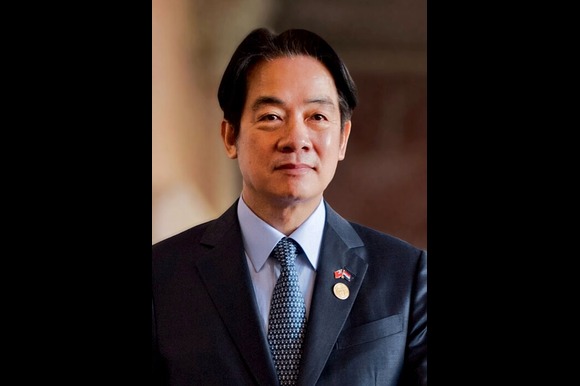Taiwanese President William Lai Ching-te announced that the island’s defense budget will surpass 3 percent of its economic output as it modernizes its military in response to the escalating threat from China. The military aims to acquire advanced equipment, much of which is sourced from the United States, while also seeking additional funding to increase personnel retention through higher salaries and to extend mandatory national service from four months to one year.
In a speech delivered on Thursday to the American Chamber of Commerce, Lai emphasized his administration’s commitment to ensuring that the defense budget exceeds 3 percent of the GDP, while simultaneously continuing reforms in national defense. His remarks serve as a reassurance to both the United States and domestic critics who argue that Taiwan is not allocating sufficient resources for its defense. Currently, the self-governing island allocates approximately 2.45 percent of its gross domestic product to military expenditures, relying heavily on the U.S. for advanced weaponry.
Former U.S. President Donald Trump has urged Taiwan to increase its defense spending to as much as 10 percent of GDP, a figure significantly higher than what the U.S. or its major allies invest, in order to deter Chinese aggression. China’s military activities have also raised concerns among neighboring countries in the South China Sea and other regions of the Indo-Pacific. Leaders in Australia and New Zealand have expressed that China should have provided more advance notice before conducting a series of live-fire exercises in the waters between their nations last month, which resulted in last-minute flight diversions.
Lai stated that Taiwan intends to enhance its collaboration with the U.S. and other democratic nations to promote regional stability and prosperity. China views Taiwan, a self-governing democracy, as part of its territory and has significantly strengthened its military capabilities to fulfill its threats of invasion to assert control over the island. The speech was attended by Raymond Greene, the de facto U.S. ambassador to Taiwan; Dan Silver, the chairperson of the chamber; and Alaska Governor Mike Dunleavy.
Taiwan and the United States do not maintain official diplomatic relations; however, U.S. legislation mandates that Washington address any threats directed at the island.






